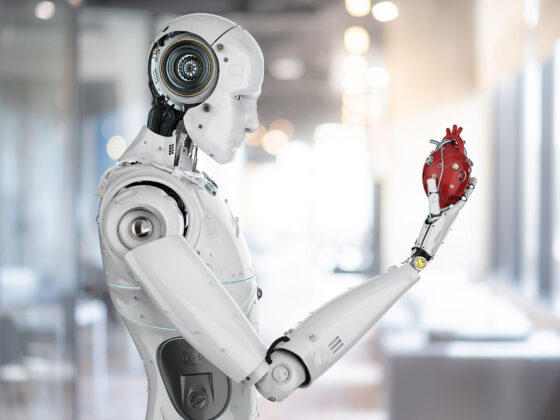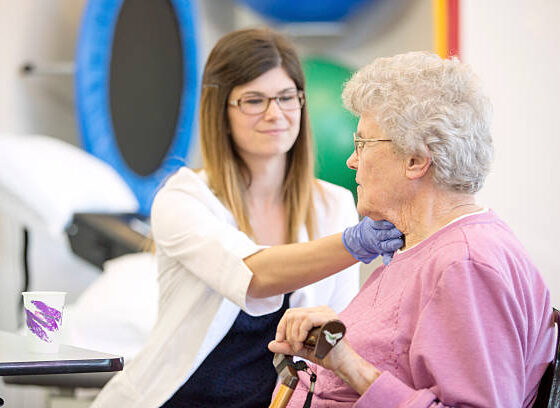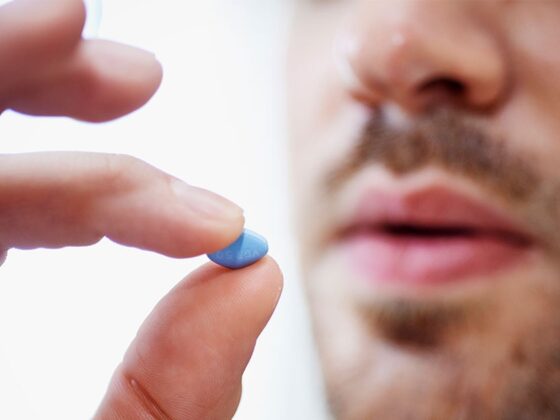Massachusetts Institute of Technology announced that engineers at the institute, along with others elsewhere, have collaborated to develop a bionic “heart” designed to offer a more realistic model for testing artificial valves and other devices.
According to a report from MIT News, the device is a real biological heart which had its tough muscle tissue replaced with a soft robotic matrix of artificial heart muscles. The artificial muscles are designed to mimic the pattern of the heart’s natural muscle fibers.
Resembling bubble wrap, the “bubbles” on the muscles can be inflated remotely, causing them to squeeze and twist the inner heart, mimicking the way the real heart beats and pumps blood, which is by squeezing and twisting.
Eventually, the researchers developed a “matrix” through the idea that cardiac muscle is a large helical band that wraps around each of the heart’s ventricles. Instead of trying to copy the left ventricle’s muscle fiber orientation, the engineers took the tissue and turned it into a long, flat band that’s easier to recreate.
Researchers settled on cardiac tissue from an explanted pig heart and fabricated a matrix of artificial muscle fibers made from thin air tubes, connecting them to the “bubbles.” The team placed the hybrid heart in a mold cast of an original, whole heart and filled the mold with silicone to ensure similarities to the real heart and a fit with the robotic bubble wrap and the real ventricle.
The researchers involved believe this “biorobitic hybrid heart” created by the engineers at MIT and elsewhere could significantly reduce the cost of cardiac device development by helping engineers fine-tune designs more quickly with access to testing on the biohybrid heart.
“Regulatory testing of cardiac devices requires many fatigue tests and animal tests,” MIT assistant professor of mechanical engineering Ellen Roche told MIT News. “[The new device] could realistically represent what happens in a real heart, to reduce the amount of animal testing or iterate the design more quickly.”
According to the report, the demand for prosthetic heart valves and other cardiac devices has left the market valued at more than $5 billion. That market is expected to rise by almost 13% over the next six years, too.
Roche and her colleagues published their results from the testing of the biohybrid heart in the journal Science Robotics. The research was supported in part by the National Science Foundation.
Source: Medical Design & Outsourcing










